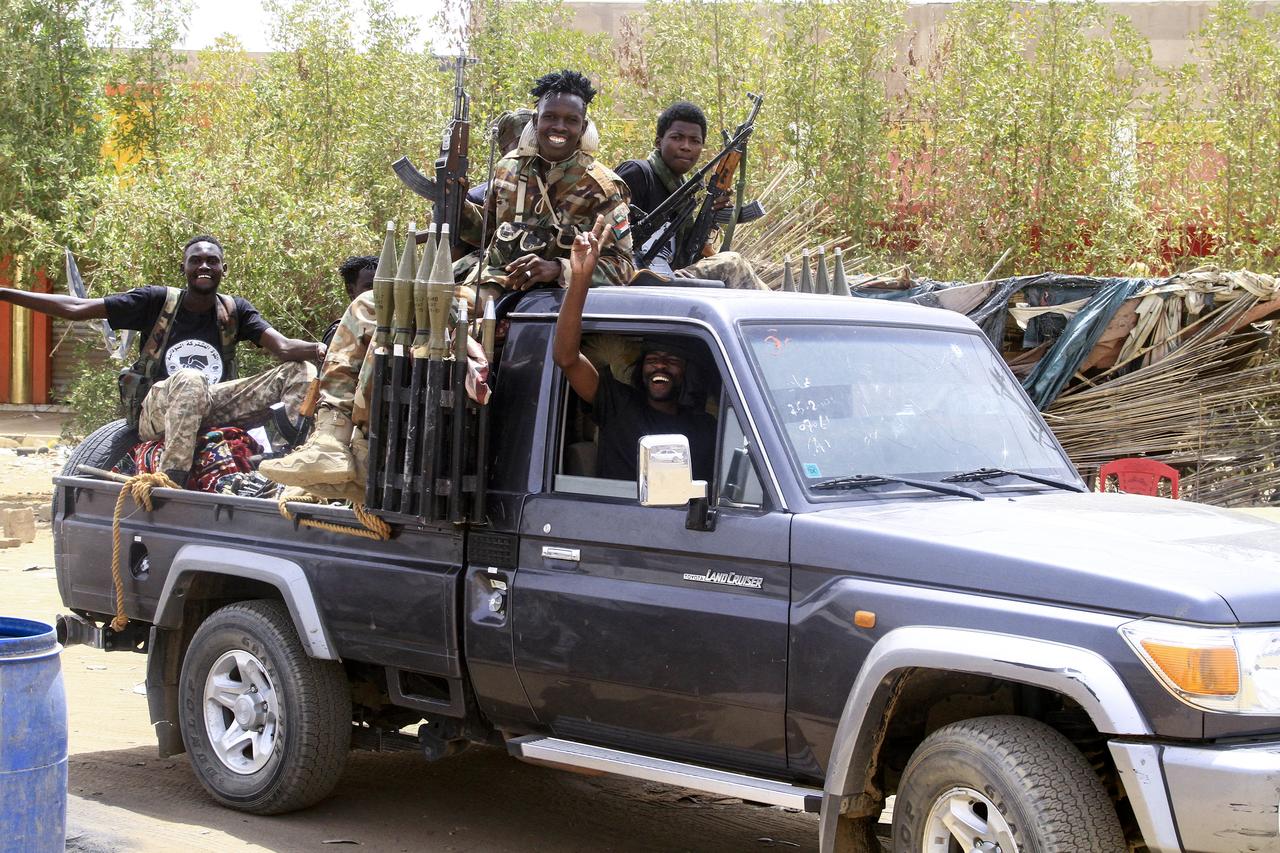
The United States will impose sanctions on Sudan after determining that the Sudanese government used chemical weapons in 2024 during its ongoing conflict with the paramilitary Rapid Support Forces (RSF), the State Department announced Thursday.
The sanctions, which include restrictions on U.S. exports to Sudan and access to U.S. government lines of credit, are expected to take effect around June 6 following a 15-day Congressional notification period, according to State Department spokesperson Tammy Bruce.
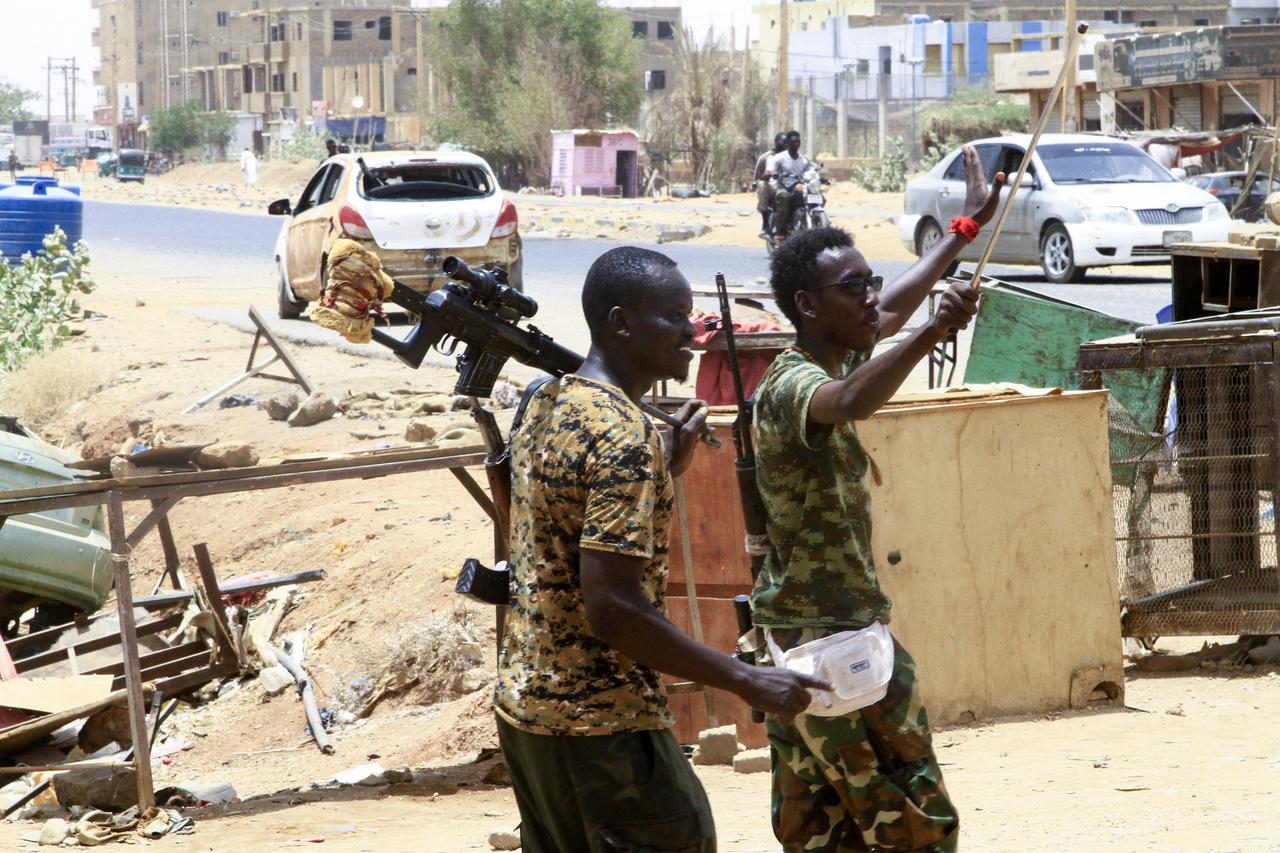
Sudan strongly rejected the U.S. determination, with government spokesperson Khalid al-Eisir calling the allegations false and criticizing Washington's decision.
"This interference, which lacks any moral or legal basis, deprives Washington of what is left of its credibility and closes the door to any influence on Sudan," al-Eisir said Friday.
A Sudanese diplomatic source suggested the timing was intended "to distract from the recent campaign in Congress against the UAE," noting that the U.S. could have requested an investigation by the Organization for the Prohibition of Chemical Weapons but chose not to do so.
The State Department said the formal determination was made April 24 under the Chemical and Biological Weapons Control and Warfare Elimination Act of 1991. However, officials did not specify what chemical weapons were used or provide precise details about when or where they were deployed.
The New York Times reported in January, citing four senior U.S. officials, that the Sudanese army had used chemical weapons at least twice in remote areas of the country. Two officials briefed on the matter said the weapons appeared to use chlorine gas, which can cause lasting damage to human tissue.
"The United States calls on the Government of Sudan to cease all chemical weapons use and uphold its obligations under the CWC," Bruce said in the statement, referring to the Chemical Weapons Convention treaty.
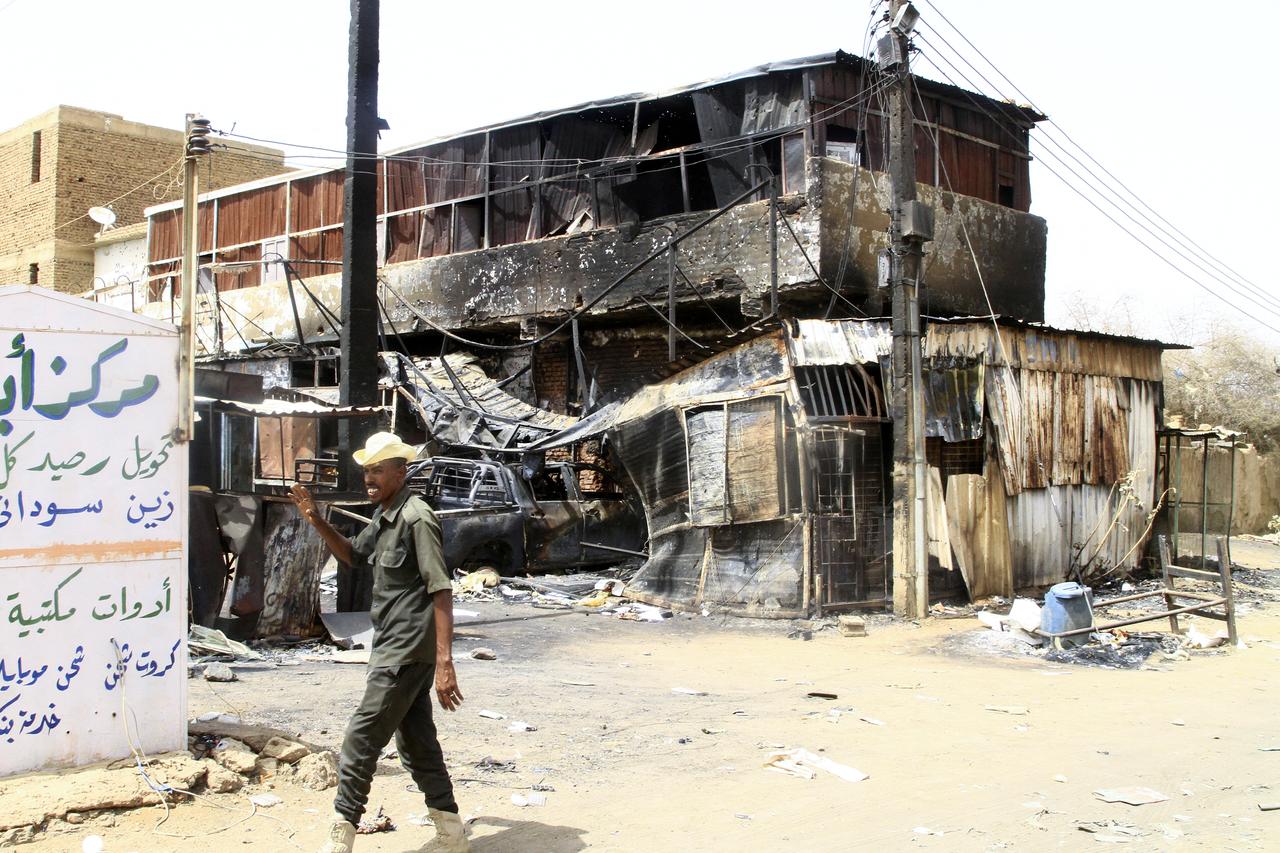
The war in Sudan erupted in April 2023 from a power struggle between the army and the RSF, creating what the U.N. describes as the world's worst humanitarian crisis. More than 20,000 people have been killed according to U.N. and local authorities, though research from U.S. scholars puts the death toll at approximately 130,000.
About 13 million people have been displaced, with several areas plunged into famine conditions. The conflict has unleashed waves of ethnic violence across the country.
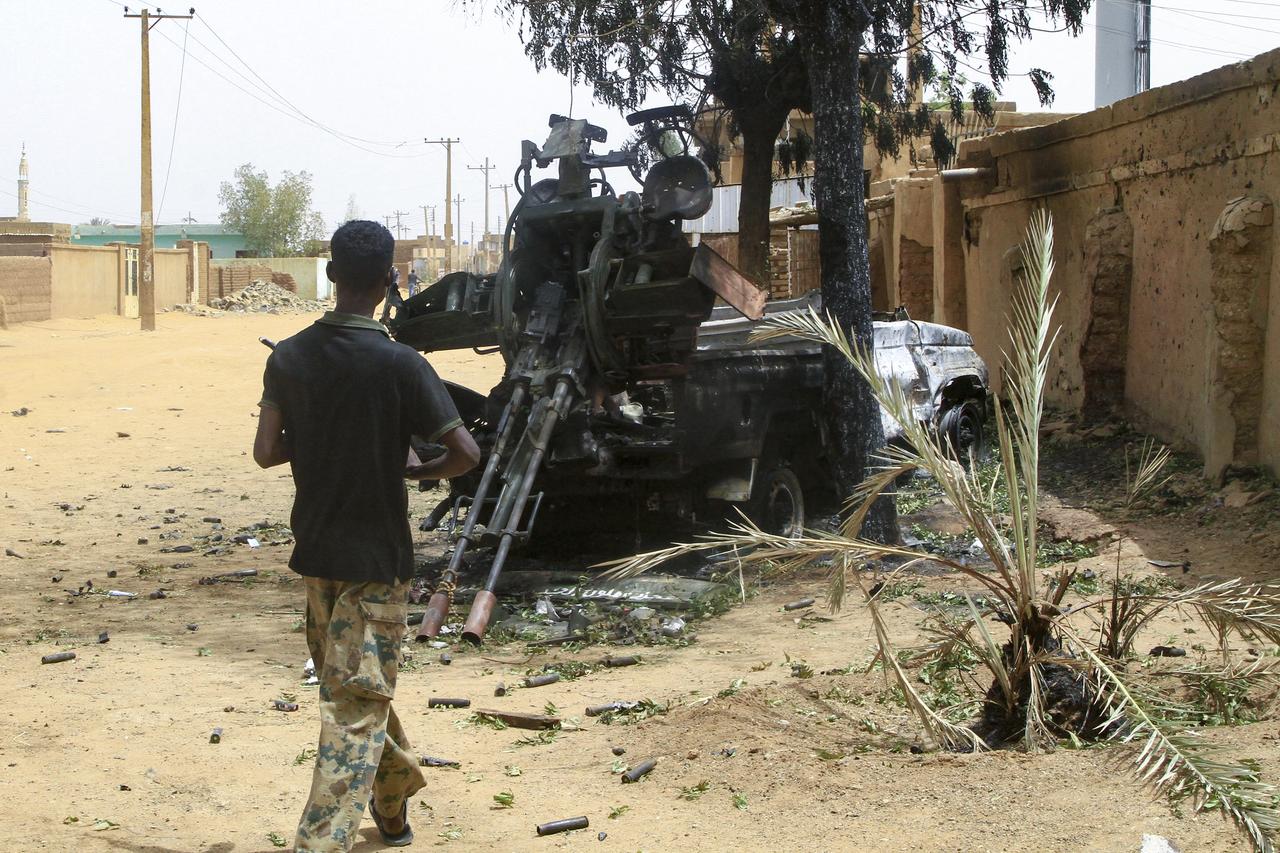
The chemical weapons sanctions add to previous U.S. actions against both sides in the conflict. In January, Washington imposed sanctions on army chief Abdel Fattah al-Burhan, accusing him of choosing war over negotiations.
The U.S. has also determined that members of the RSF and allied militias committed genocide, imposing sanctions on RSF leadership including General Mohamed Hamdan Dagalo, known as Hemedti.
Sudan cut diplomatic relations with the United Arab Emirates this month, accusing the Gulf state of supplying advanced weaponry to the RSF. The UAE has denied these allegations, stating it supports humanitarian and peace efforts.
U.S. congressional Democrats sought last Thursday to block arms sales to the UAE over its alleged involvement in the war. Sudan accused the UAE this week of direct military intervention, specifically blaming it for an attack on Port Sudan, which the UAE denied.
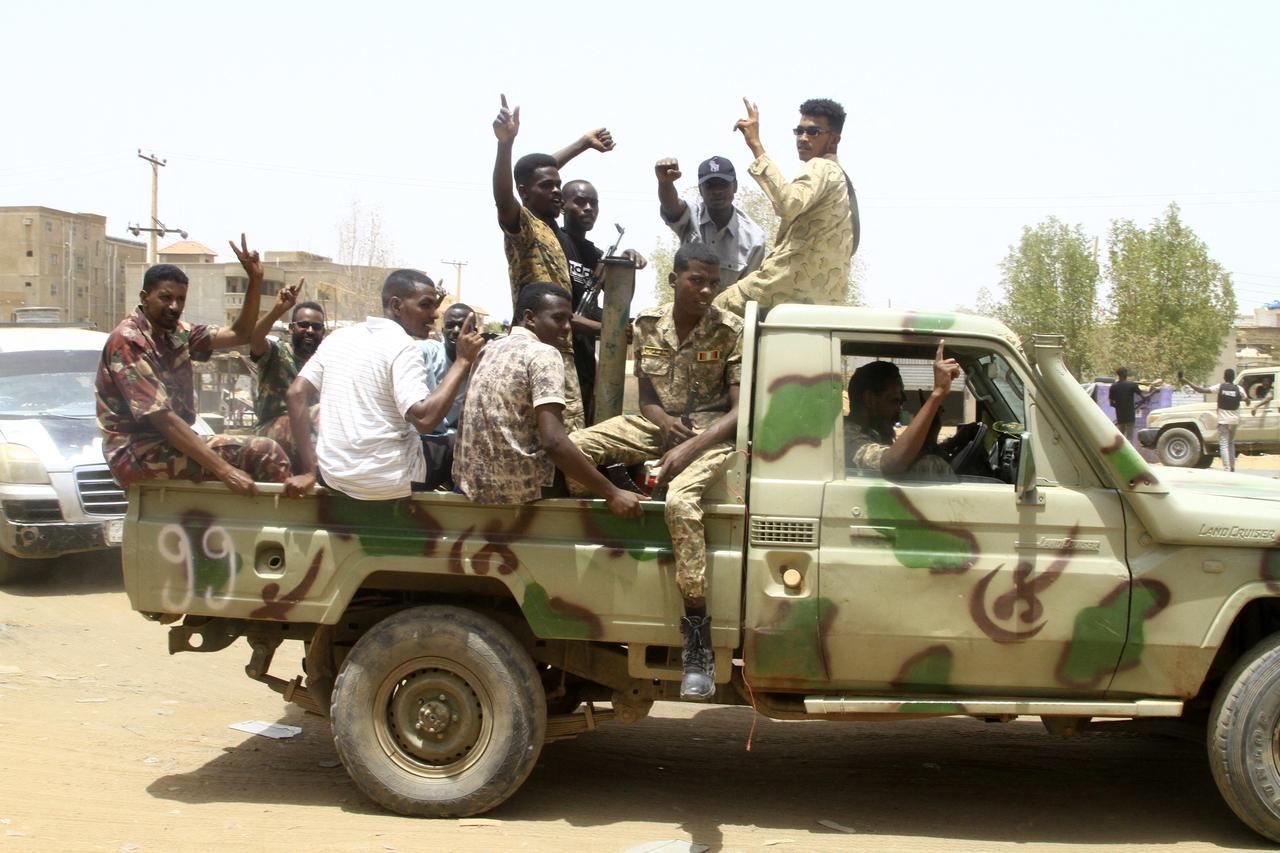
Meanwhile, U.N. High Commissioner for Human Rights Volker Turk warned Friday that the situation in neighboring South Sudan risks further deterioration as fighting intensifies between government forces and opposition groups.
At least 75 civilians were killed and 78 injured between May 3-20, with thousands displaced from their homes, according to the U.N. Office of the High Commissioner for Human Rights (OHCHR).
"All parties must urgently pull back from the brink," Turk said, warning that escalating hostilities could undermine South Sudan's fragile peace process.